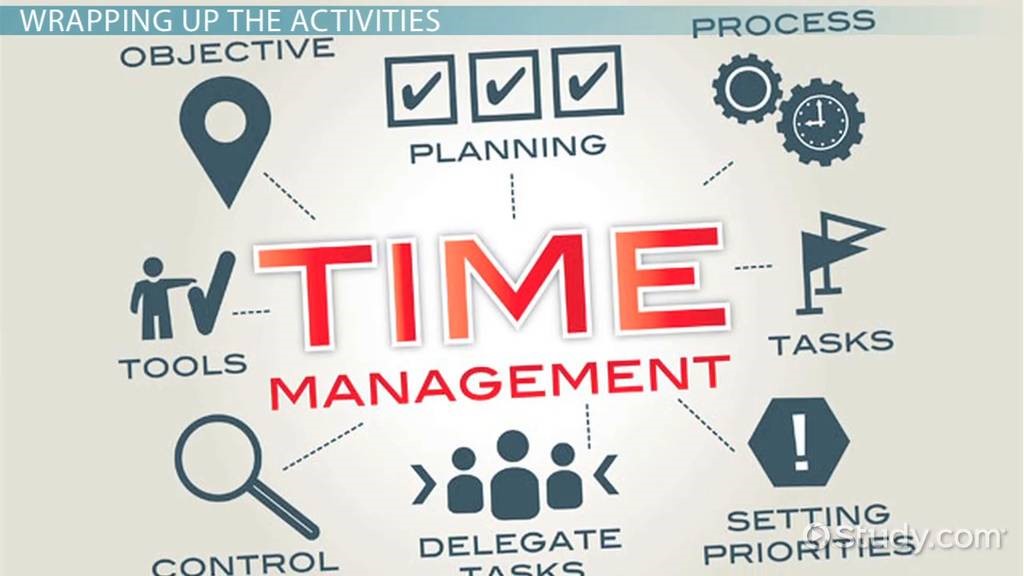The Union Public Service Commission is the nation’s toughest and most reputed competitive examination. To succeed here, in-depth knowledge and willingness to overcome any obstacle that arises are all anyone needs to adhere to. This knowledge can be gained by going through the current affairs of the nation that will give you an insight into what is happening throughout the world. However, preparation for current affairs is not an easy task to pursue; it differs from the general preparation of any other subject. Systematic strategies along with time management are a must to follow.

http://bankersdaily.in/current-affairs-december-22-2017/
Knowledge and effort go hand in hand; both are key aspects that are an utmost necessity for cracking any competitive examination. It differs from person to person as to how you adapt to different strategies to prepare for current affairs, but we bring you a tried and tested recipe that most certainly does work.
Time Management

https://study.com/academy/lesson/time-management-group-activities.html
Every aspirant will tell you, the key to getting through in UPSC exams is sheer dedication and time management. You need to maintain a proper schedule and divide the current affairs syllabus into various sections. It is advisable to follow both newspapers and books for promising results. One needs to have a time slot fixed for different sections. Finishing the syllabus within the stipulated time gives adequate time for revision. There are applications available online that do an excellent job of keeping track of your progress and display statistical analysis explaining how much time you managed to devote to your studies and other activities during a particular period. Make a timetable and stick to it religiously.
Source of Information
Narrow down a comprehensive catalogue of sources that will bolster your knowledge on the current affairs. The Hindu Newspaper tops the list for its large dose of daily news; national and international, on politics, science and technology, economy and other verticals. The Business Standard/Economic Times, Indian Express, BBC, Rajya Sabha and Lok Sabha TV, Yojana and Kurukshetra, Economy Survey, Frontline Magazine, Manorama Yearbook, All India Radio News discussions are other sources from which to collect material on current affairs.
It is advisable to go through news channels and witness the events because visuals have a deep impact on our minds. Your grey matter becomes more active, and it helps you to identify and recall better during examinations.
Concise Note-Making
To score more one needs to put in their full effort in the preparation of current affairs. The very first step one can take is to jot down the points they encounter while going through any material on current affairs – it may either be from newspapers or relevant current affairs’ books. Your notes will constitute an essential part of your preparation. Keep updating information as you read in a clear and concise manner. If there is any event related to hierarchical matter, then make sure to prepare flow charts.
Once the points are jotted down, it becomes helpful to rewind and recap; it retains in the memory without any blurring of events. Also, this way you ensure all your material is in one place, and you needn’t flip through different books while revising.
Strategize
Devise a specific and efficient strategy on how best you can manage the huge volumes of information you will be exposed to on a regular basis. You could start by dividing into different segments, for instance – national news, international news, geography, Indian polity, economy, science and technology, government schemes and policies, environmental initiatives, etc. This will form a blueprint in your mind, and you can classify relevant news and recall with confidence.
Question Banks, Of Course
Since you will be reading new things related to current affairs every day, so that the knowledge you gain doesn’t become distant and vague in your head with passing time, you need to practice them simultaneously. Here, question banks have a pivotal role to play.
For proper practice, it is advisable to solve previous years’ papers related to current affairs in the UPSC examinations. Divide the number of sets available in the question bank according to time, and practice them by setting a stopwatch against each set. This will prove to be very helpful in the long run. Also take current affairs examinations online and see how you score to judge your preparation. Avoid questions you are unsure of that carry negative marking while you solve practice papers.
Read, relate, retain and then identify the most accurate answers while you practice. If you follow the tips mentioned above to prepare for current affairs, then success won’t be such a long shot.